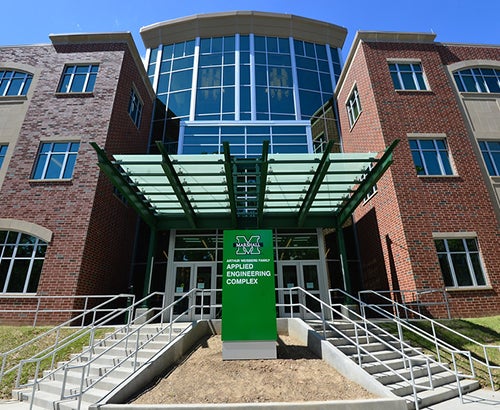“I am so excited to be a part of this project that will allow us to work with DHHR staff and members of the judicial system who care so much for the children and families they serve,” said Shannon McKay, ICPC trainer with MURC. “One goal will be to increase knowledge of the compact and the system that will improve timeliness and opportunities for better communication. This will have a positive impact on our most vulnerable children.”
The ICPC establishes uniform legal and administrative procedures governing the interstate placement of children, and is statutory law in all 50 states, the District of Columbia and the U.S. Virgin Islands. The ICPC ensures safety, permanency and well-being of children. Prior to the ICPC, no mechanisms were in place to meet the needs of children once they were moved out of state. The ICPC is made up of 10 articles and 12 regulations that govern home studies, service provisions and payment for children placed out of state. West Virginia enacted the ICPC law in 1975 (WV 49-7-101).
The NEICE is a national electronic system for quickly and securely exchanging all the data and documents required by the ICPC to place children across state lines. The Family First Act of 2018 requires that all states join the NEICE by 2027. West Virginia will join the NEICE in 2022. With NEICE, the work required and the time for states to exchange paperwork is significantly reduced, and as a result, children will spend less time waiting for placement with families or in facilities to receive needed treatment.
“The compact authorizes member states to work together to ensure that childen who are placed across state lines for foster care of adoption receive protection and support,” said Jeffrey Pack, commissioner of DHHR’s Bureau for Social Services. “Providing more education on the importance of adhering to the guidelines set in place by the Interstate Compact can help children achieve permanency in a timely manner.”
This project is funded by the U.S. Administration for Children and Families, Office of Children’s Bureau through the Promoting Safe and Stable Families program under the Familiy First Prevention Services Act.

